Touring Parents Balance A Career, Negotiate Environments And Rely on Community
The first thing Laura Jane Grace, founder and frontwoman of Against Me! and solo project Laura Jane Grace & The Devouring Mothers, asks me is—is this article is exclusively about moms? “I’m still very much my daughter’s dad, but I’m female identifying transgender,” she says. “We’re not traditional at all.” And traditionality is not to be found in any of the stories featured in this piece; but rather, the realities of parenthood as a touring musician.
Grace has been touring since the late ‘90s, so with the birth of her daughter, Evelyn, in 2009, it was a matter of working parenthood into her schedule rather than giving up music. (By the way, the birth was perfectly scheduled around making Against Me!’s fifth studio album, White Crosses.) Grace’s life has always revolved around a musician’s cycle of work: write an album, record it, go on tour. But those early years when Evelyn was still a baby weren’t easy. “It was excruciating, such a sacrifice,” she says. “You’re gone and missing such formative years. But at the same time, with it being the reality of how you support your family and pay the bills, that’s the toss up.”

Before Evelyn attended school, Grace would bring her on tour as much as possible, hiring friends to come along as nannies. Grace and Evelyn had plenty of time alone, but as every touring musician knows, figuring out what to do with your free time can often be a challenge. “Most of the time you’re at a venue that’s not in a convenient part of town, so you’re limited to what’s in walking distance,” Grace says. “You make games up in the venue, and explore around that.”
Today, tour is the everyday reality of both of their lives—Evelyn’s mother, artist Heather Gabel, tours as well. But when Grace isn’t touring, she is unconditionally at home: “I wake up at 5 a.m. so I have an hour to myself before I wake my daughter up, make her breakfast, and drive her to school. I have a little studio space around the corner from her school that I work at all day. And then I pick her up from school, drive her home, make her dinner, and we do it all over again. And then I go on tour.”
While on the road, Grace is sure to stay organized and in touch with her daughter. She’s found that making short calls often works best for them, instead of having really long conversations. The two also write letters, send packages for fun, and FaceTime. And opposed to touring 10 years ago, new technology makes it much easier for Grace to be connected to her daughter’s daily loop. She places an order for Evelyn’s pizza lunch on Wednesdays, and knows what lessons she has and when. “Kids are really routine-based,” says Grace. “So having it where the tour is also part of that routine and they are accustomed to it, then it’s nothing out of the ordinary.”
Similarly, Canadian musician of Afro-Colombian and Indigenous descent Lido Pimienta needs balance. She finds that staying organized and finding a supportive community has made touring with children much easier. As a mother of three, she’s had to get creative with childcare: her close friends have moved into her house to watch her children, she has a budget for caretakers, and she creates a shared Google calendar so everyone knows her children’s schedules.
Pimienta gave birth to her 11-year old son Lucian when she was 21, followed by taking in her 8-year-old nephew Orlando, and then she gave birth to her 8-month-old daughter Martina last year. With her first child, she knew she wanted a baby but without fully understanding what that would entail. “You can’t do this by yourself,” she says. “You need a tight community that you can trust, who are able to either stay home with your kids or go to the shows with you and stay side stage or in the greenroom. You need to have really good friends, and you need to be a good friend yourself, because these aren’t just favors people are going to give you.”
Following her 2010 debut, Color, and her 2016 album, La Papessa, that won the Polaris Music Prize in 2017, Pimienta will be releasing her third album, Miss Colombia, later this year, and plans to bring someone trustworthy on tour to watch Martina. “When you make this decision to bring life into the world, you need to be someone who understands healthy choices,” she says. “Not just smoking or drinking, but surrounding yourself with people who only have good intentions and the best interest for you. And you for them.”
While venues consider lighting, sound, drinks, and environment, Pimienta points out that they don’t often consider their booked artists bringing children along, and that musicians are often unaware of the power they have in asking for what they need. “We are afraid of burning bridges, and asking for too much,” she says.
“Especially if you’re a woman.”
Pimienta lets venues know ahead of time that she’ll be coming with her family. While she assumes all of her needs can’t always be met, she does expect that the venue takes care of some of the accommodations that she requires. And in return, she can provide her uppermost performance.
“In an ideal world, all venues would cater to regular people,” Pimienta says. “A lot of us have families, and it would be great if there was a safe space for them to hang out while we’re performing. And we shouldn’t have to get to this upper echelon of fame to have all of these accommodations. But we should expect it, demand it, and at least normalize it.”
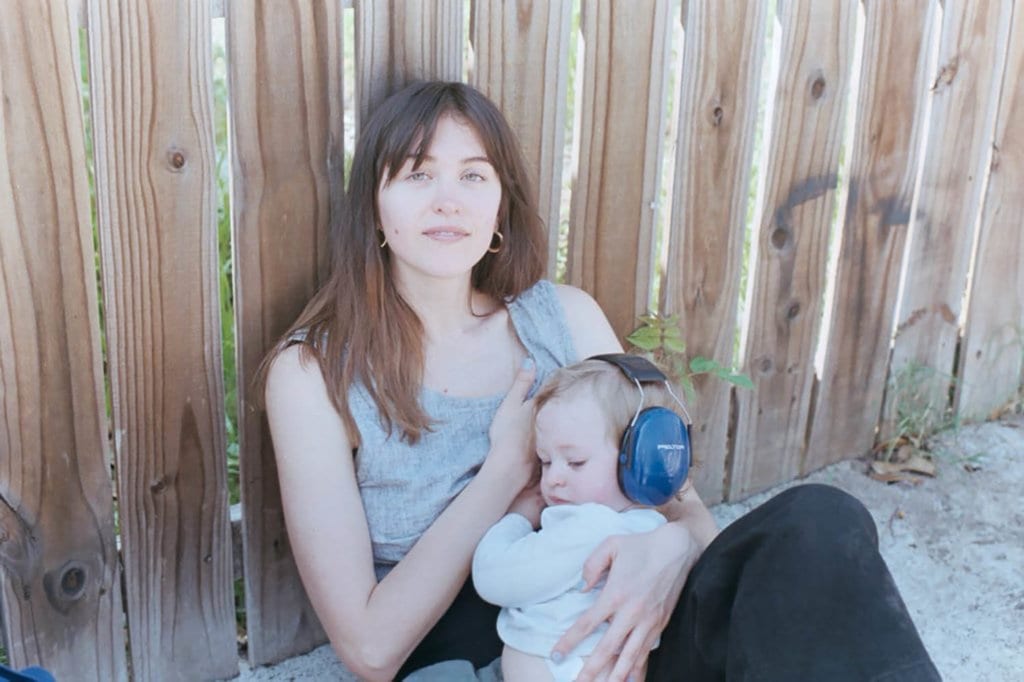
Jacki Warren, singer and bassist in the Grand Rapid’s band Major Murphy, stresses the importance of all-ages venues, especially for touring parents—she once had an experience where her son Benji was not allowed in the very venue Major Murphy was playing that night.
In her career thus far, Warren has had a much different experience than Grace or Pimienta. In 2015, neither Warren nor her partner (and father of Benji), Jacob Bullard, had jobs when they first met. Phasing out of her previous band, The Soil and the Sun, Warren started Major Murphy with Bullard that same year, followed by Benji’s birth a year after their first show. With the parallel birth and growth of her band and child, Warren hasn’t had a particularly easy time: “I’ve struggled with my identity as a parent. It hasn’t been an easy transition. I struggle to know where I fit in the music community, but also in the mom community.”
Touring with Benji was easier for Warren when he was younger. Following the release of their 2018 debut album, No. 1, Benji slept a lot of the time while on tour, and friends would watch him in his stroller (wearing sound-protecting headphones) while Major Murphy played. But now that Benji is almost three years old, Warren has to navigate his changing needs. “As soon as we figure something out, like what kind of rhythm he needs, Benji changes,” she says. “It’s constant adapting.” And related to Warren’s experience, Pimienta learned the importance in acknowledging your child’s needs as they grow: “The baby’s not a baby forever, you’re going to cross this threshold. It’s up to you how to integrate this childhood in your work. You need to have this openness in your heart; you cannot be selfish. And that’s very hard, because artists are narcissistic.”
Warren is still breastfeeding her son, but realizes that in order to do longer tours she will have to start weaning him. “If there was a Buzzfeed quiz, ‘What Parenting Style Are You?’ we’d be classified as attachment parenting,” laughs Warren. While breastfeeding has enabled her to provide her son with a constant in an ever-changing environment, saying that it’s a safe space she can create for him in a green room or dive bar, Major Murphy recently had to turn down a European tour. “I’ve never stayed a night away from Benji,” she says. “One day at a time.”
This one-day-at-a-time mentality is also being followed by soon-to-be and new mothers, respectively, Shana Cleveland and Mirah. Cleveland was on tour with her band La Luz shortly after finding out she was pregnant and is due this June; Mirah gave birth to her son at the end of last year, after the release of and tours surrounding her 2018 album, Understanding. Currently, Cleveland is on tour supporting her solo debut, Night of the Worm Moon, released in April, and is highly focused on finding healthy food options while on the road, while Mirah is using her first two shows since giving birth as a trial for the future. “It’s the test run of, ‘What is this going to look like? How do you do bedtime?” Mirah laughs. “How does that fit in?”
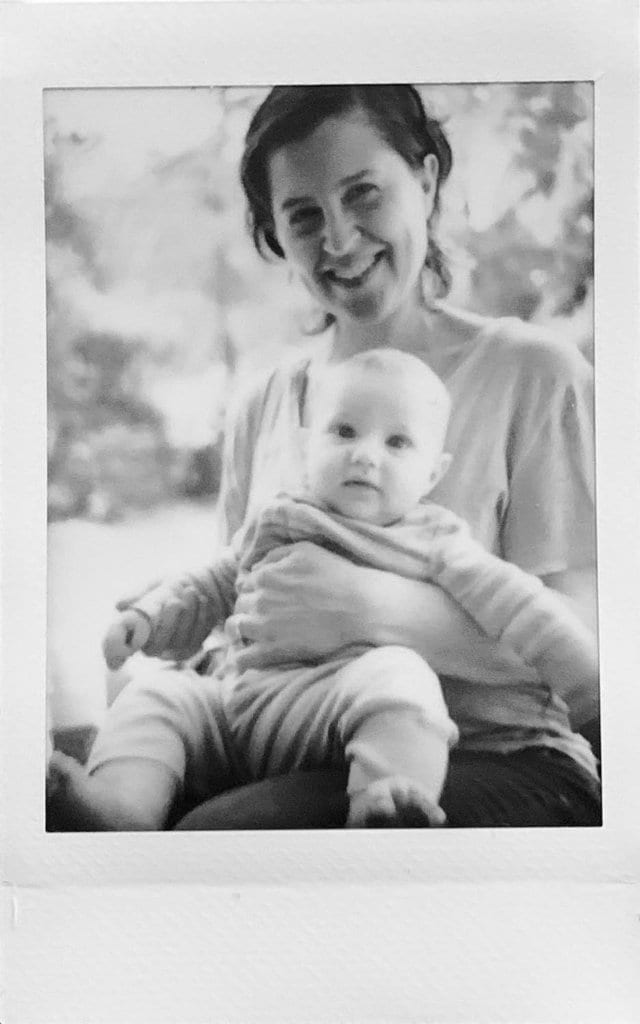
Mirah feels lucky that she can ease back into touring with a baby, since she’s not in the middle of an album cycle. She plans on asking advice from friends like Kimya Dawson and Laura Veirs about their own experiences, and she also plans to remain realistic about her resources. “For those of us who are still renting minivans and just trying to piece things together so that the shows can happen, it takes maybe just a little more creativity to figure out how it’s going to work.”
While there are many factors that go into being a touring parent—including so many more than we could fit here—finding a supportive community seems to be one of the key elements that weaves together the experiences of Grace, Pimienta, and Warren, and is something being seriously considered by Cleveland and Mirah. However, Warren would love to see more spaces where she could connect with other touring parents for advice and resources: “I’m craving conversations with other people who are in this new wave of, ‘We can still have families, we can still be musicians in our 30s, we can do whatever the fuck we want.’ But how do we connect with each other?”
Our hope at She Shreds is that this article, and these experiences, will spark more dialogue and opportunities surrounding the personal stories of parents, the support they need, and necessary changes the music industry needs to make in order to show up for those who are bringing future shredders into this world.
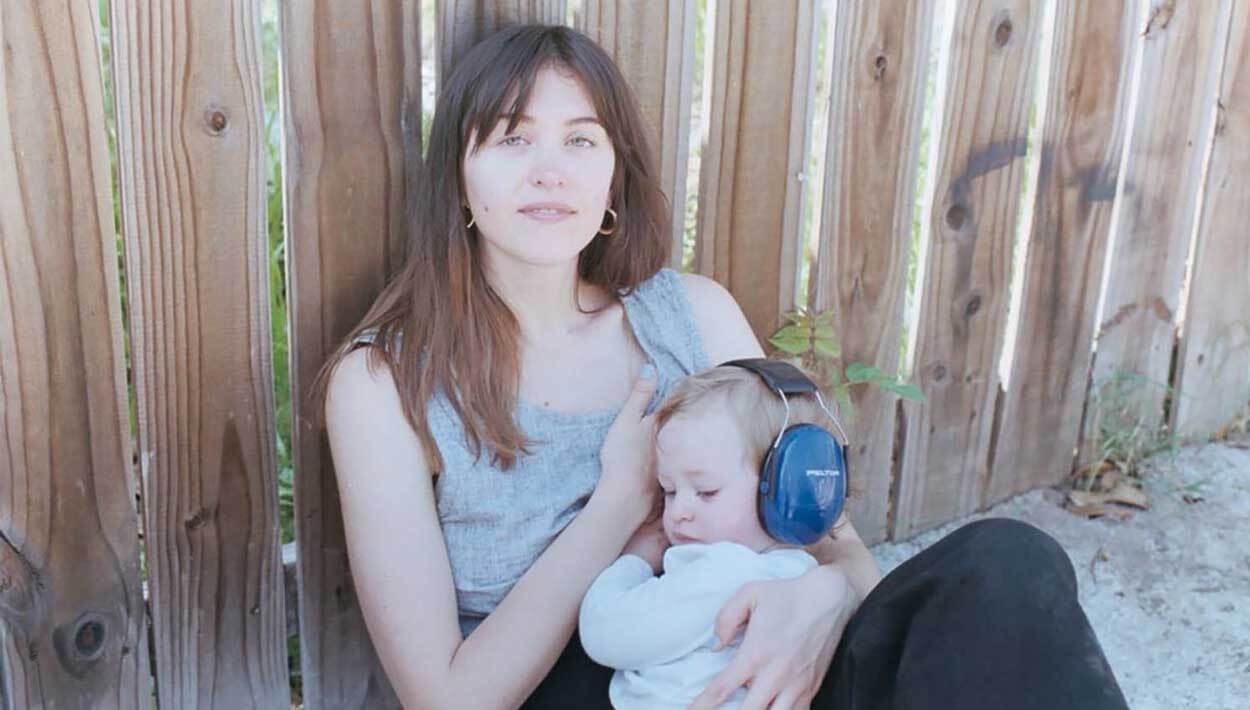


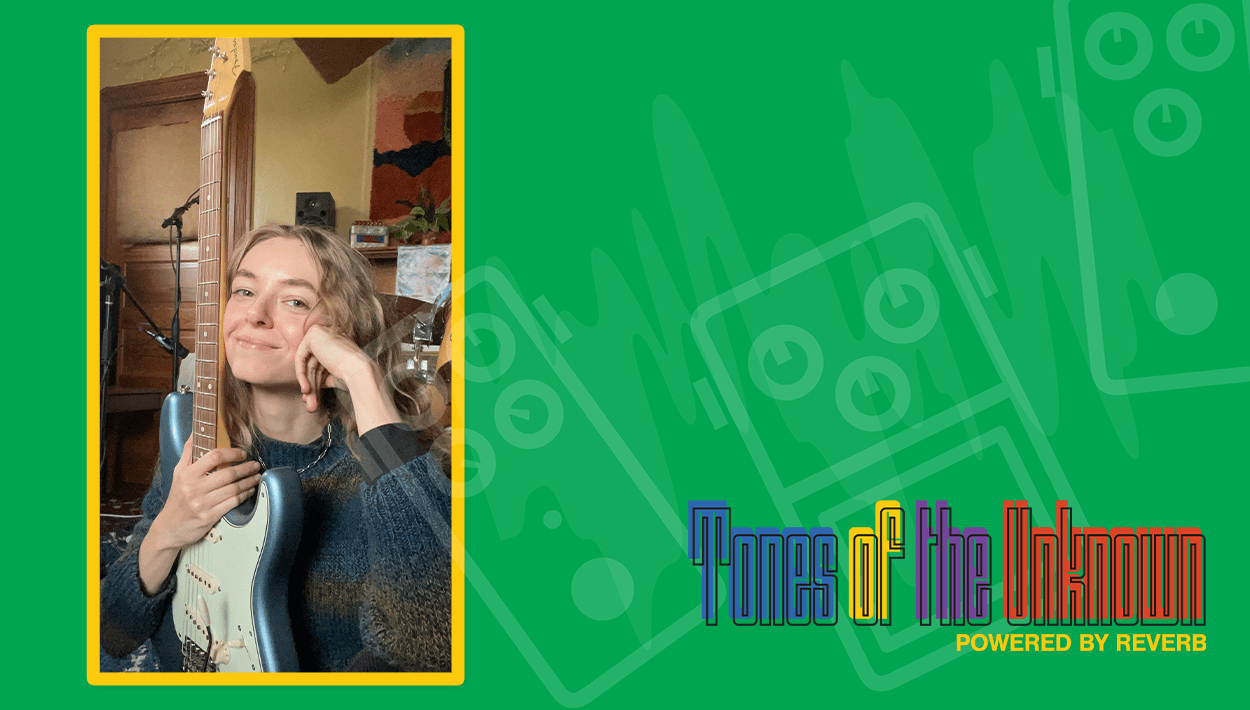




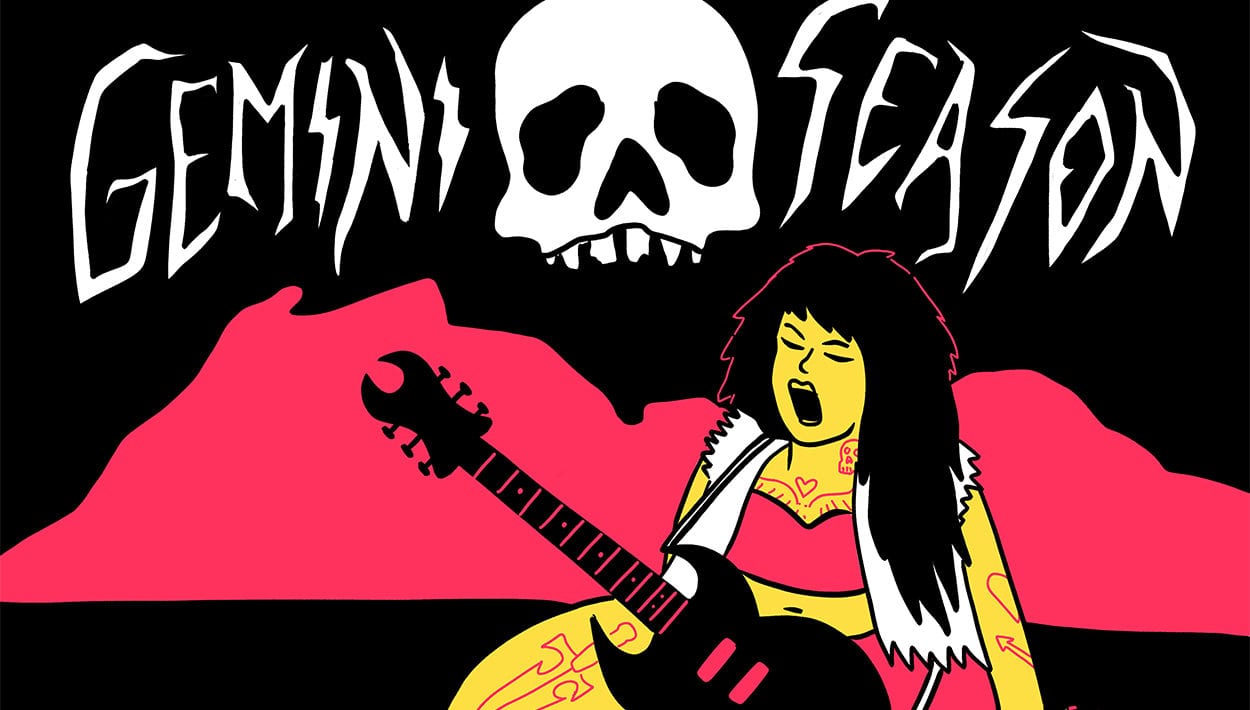
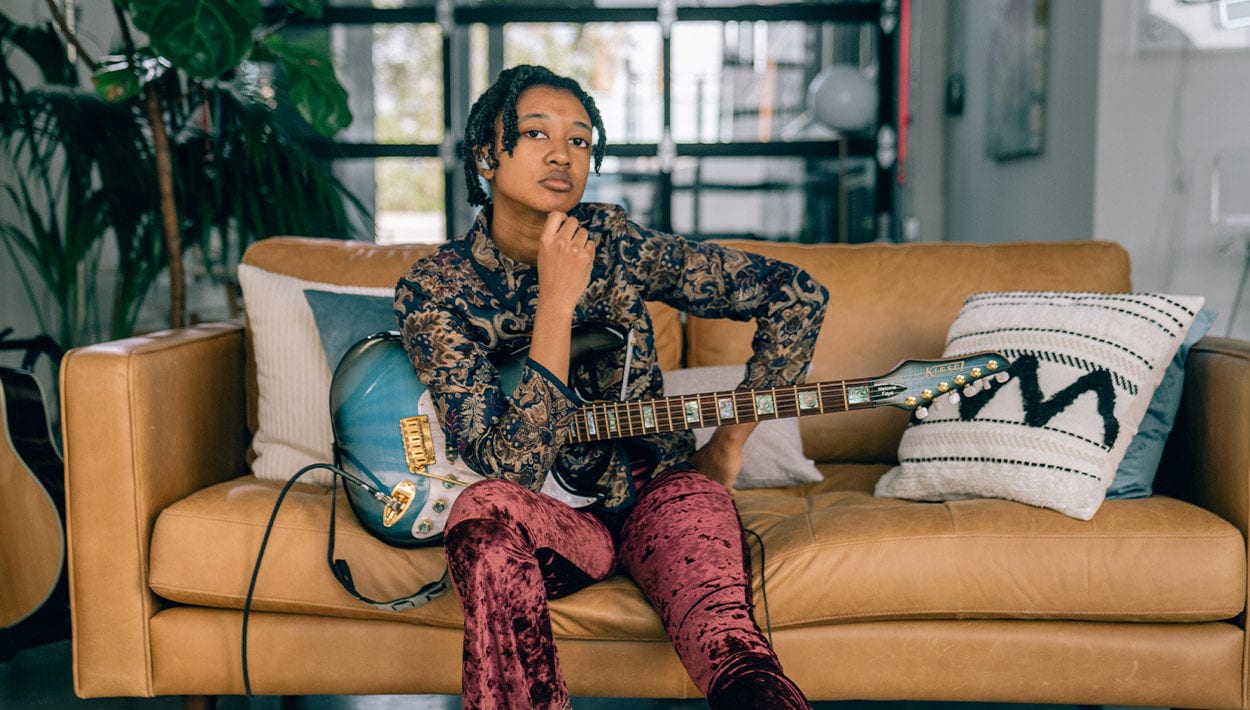
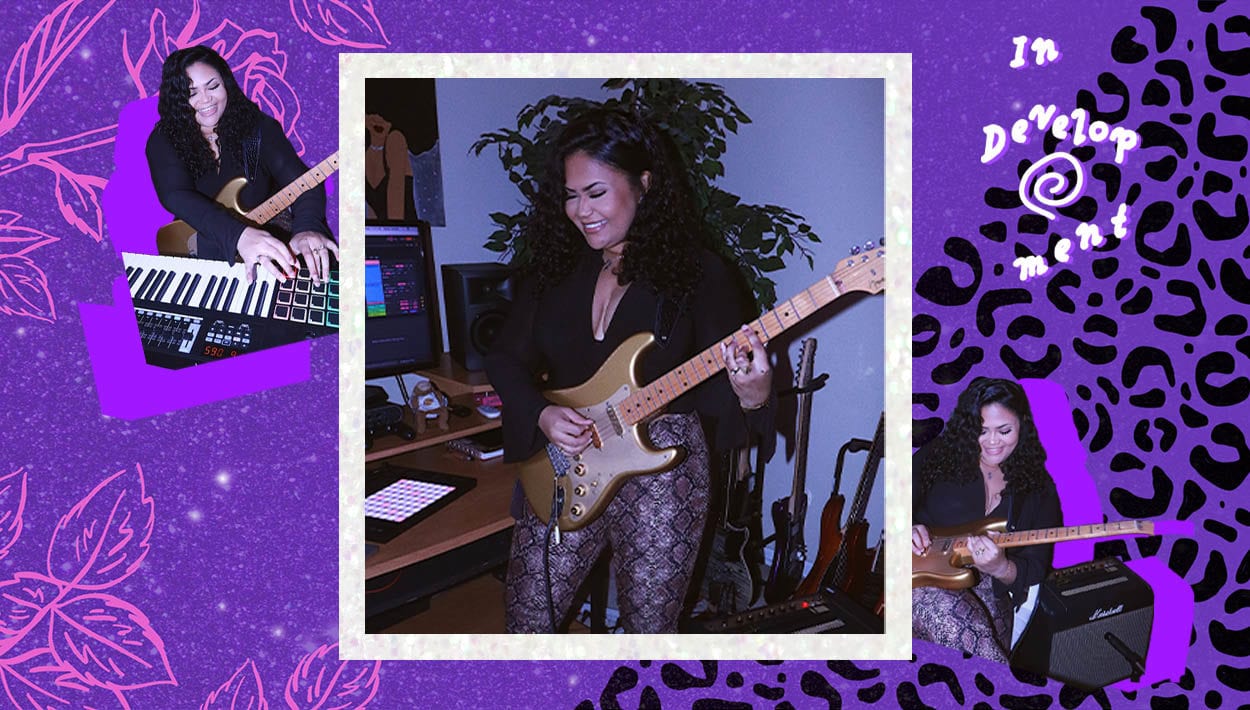



Comments
It is not an easy to combine family and career and I totally understand that because I am studying at college and have a 2 years old son who requires all my attention. For example, I want to build a brilliant career in Journalism and often take the samples for my works on this https://samplius.com/free-essay-examples/ resource. I think that all woman can hold the balance and pay enough attention to the children and career.
Comment by Suzie Garcia on April 16, 2021 at 11:53 amIt is not an easy to combine family and career and I totally understand that because I am studying at college and have a 2 years old son who requires all my attention. For example, I want to build a brilliant career in Journalism and often go to this https://samplius.com/free-essay-examples/ resource if I need extra information. I think that all woman can hold the balance and pay enough attention to the children and career.
Comment by Nancy Barks on April 16, 2021 at 12:10 pmYour resume summary – https://skillhub.com/blog/resume-summary may be the first piece of information you receive from an interview, and it is critical to your success in securing an interview. It is helpful if you write your summary in a factual way, using your best judgment as you determine how to phrase your objective, how to express your achievements and what you plan to do in the next three years to achieve your objective. Your objective should be written clearly and concisely; your summary statement should be organized into a few sentences that indicate your main objectives and goals in relation to your current job.
Comment by Hanna on July 15, 2021 at 9:11 amThe pattern vector image adds a captivating and visually engaging element to design projects. Patterns are versatile and can evoke various moods and themes, from elegance and sophistication to playfulness and vibrancy. The pattern vector provides designers with a creative tool to enhance compositions, adding depth and visual interest. It allows for the incorporation of repetitive motifs and designs that can create a cohesive and visually appealing visual experience.
Comment by Alan Luiz on June 24, 2023 at 9:19 pmRelevant Vapes introduces “Flum Vape,” a captivating and sophisticated vaping experience. This unique e-liquid blend seamlessly marries the rich essence of lost crops with Mary Jane’s botanical finesse. The result is a harmonious fusion that tantalizes the senses with its aromatic bouquet and balanced flavor profile. Flum Vape by Relevant Vapes is a testament to the brand’s commitment to delivering exceptional vaping pleasure, offering enthusiasts a distinctive and memorable journey through every inhale. Immerse yourself in the world of Flum Vape and elevate your vaping experience with this exceptional creation from Relevant Vapes.
Comment by Relevant Vapes on January 21, 2024 at 9:49 am